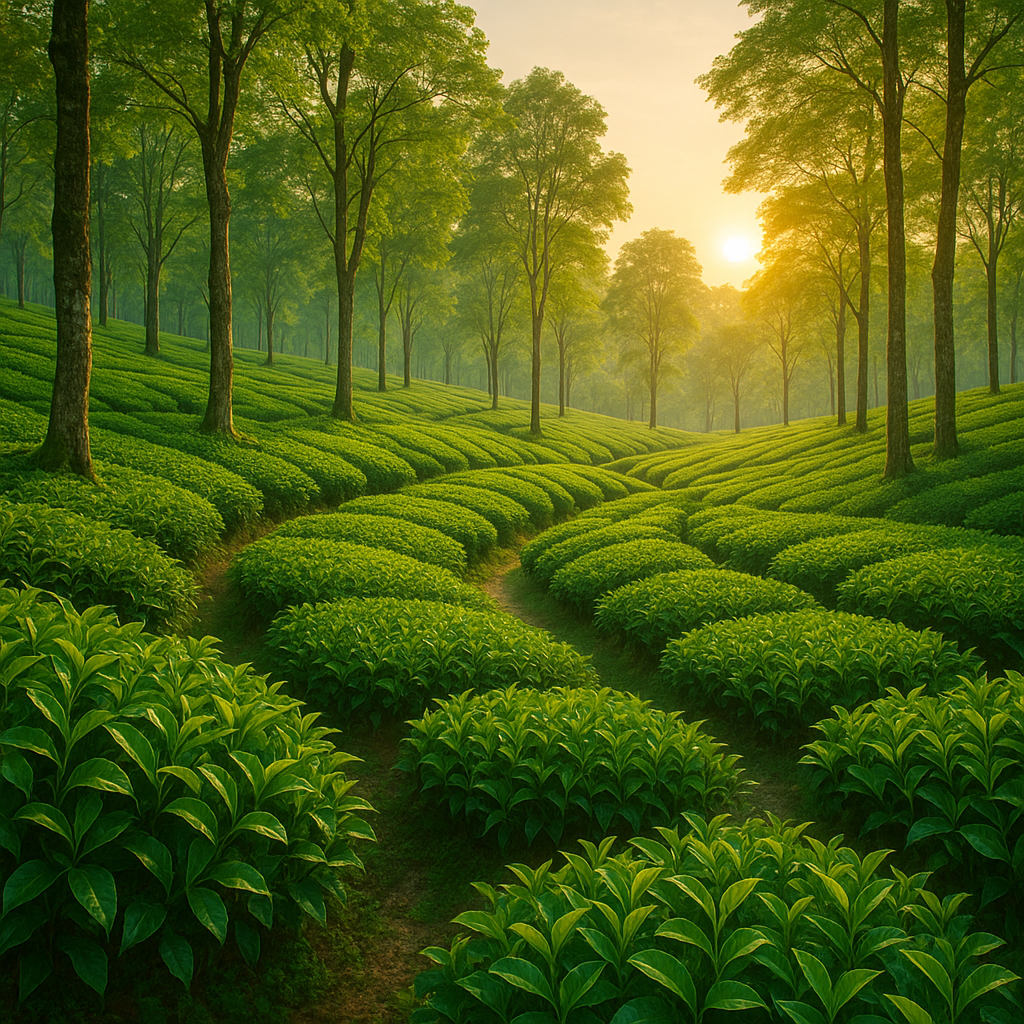Tea, Trade, and Transformation: How Assam Became the World's Tea Capital 🍵🌏
Introduction:
Assam, a state in northeastern India, is famous worldwide as the tea capital. The journey of Assam tea from local plantations to global trade transformed not only the economy but also culture and lifestyles. Here’s a clear breakdown of how Assam achieved this status and how to enjoy and preserve tea properly.
- 🌱 1. The Origin of Assam Tea
Assam tea is made from Camellia sinensis var. assamica, a unique tea plant native to the region.
Discovered in the early 19th century, Assam became a hub for tea plantations under British colonial rule. - 🚢 2. Assam’s Strategic Role in Global Trade
The British East India Company recognized Assam’s potential for tea production.
The state’s vast fertile lands and ideal climate allowed mass tea cultivation.
Assam tea quickly became a major export, boosting the British economy and global tea consumption. - 💰 3. Economic Transformation
Tea plantations provided jobs for millions in Assam and nearby areas.
The tea industry shaped Assam’s infrastructure and urban growth.
Assam tea gained worldwide acclaim for its strong, bold flavor. - 🍵❤️ 4. Why Tea Is Useful for Health and Daily Life
Rich in antioxidants, tea helps improve heart health and boost immunity.
Contains caffeine for mental alertness without the jitters of coffee.
A natural stress-reliever and helps with digestion. - 🏺 5. How to Preserve Tea for Maximum Freshness
Store tea leaves in airtight containers away from light, moisture, and strong odors.
Keep tea in a cool, dry place. Avoid the refrigerator as moisture can spoil it.
Use tea leaves within 6 months for best flavor. - ☕ 6. How to Take Care When Brewing Tea
Use fresh, filtered water for brewing.
Avoid boiling water directly on delicate green or white teas; use slightly cooler water.
Steep black tea for 3-5 minutes for full flavor; green tea for 2-3 minutes to avoid bitterness.
Don’t over-steep as it may become bitter. - 🎉 7. Assam Tea’s Cultural Impact
Tea culture in Assam influences daily life, festivals, and social gatherings.
Tea stalls (chai shops) are community hubs in Assam and across India.
Conclusion: Assam’s Tea Legacy 🌟
Assam transformed from a remote region to the world’s tea capital through trade, culture, and hard work.
Its tea continues to energize millions worldwide and represents a deep cultural heritage.
Proper care and appreciation of tea ensure this legacy will continue to thrive.
